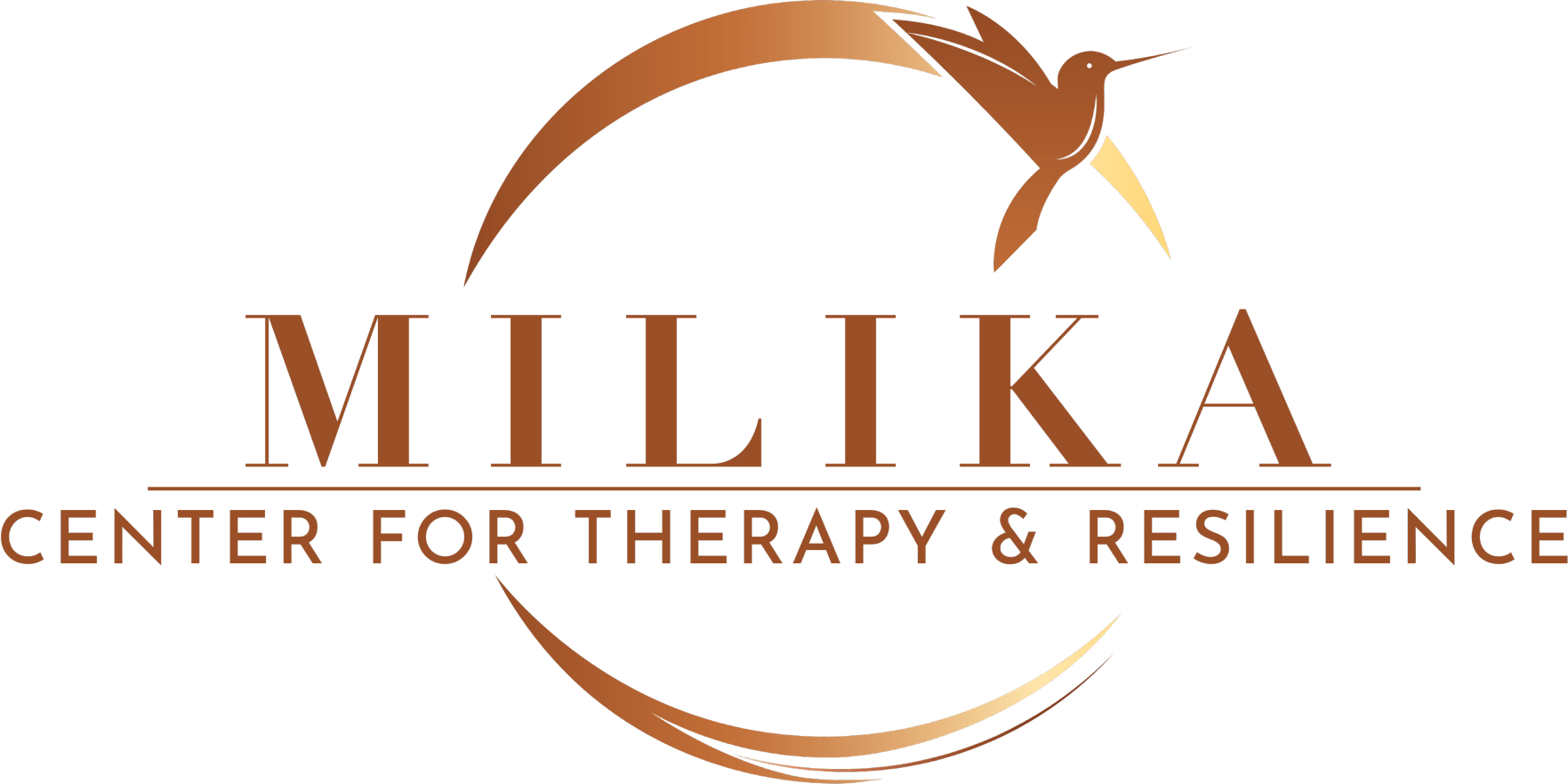Resilience Skills Training Programs at MILIKA
At the heart of MILIKA lies a commitment to building resilience in individuals of all ages, championing mental well-being, and enriching overall quality of life.
Our resilience skills training programs are designed to equip individuals with the essential tools and strategies needed to navigate life's challenges with courage, perseverance, and adaptability. By fostering a strong foundation in emotional regulation, coping mechanisms, problem-solving, mindfulness, and self-compassion, our programs empower clients to not only overcome adversity but also to thrive in the face of it.
At this time, we are excited to offer three specialized resilience skills training programs tailored to meet the unique needs of the following populations:
What is the Difference Between Resilience Skills Training & Therapy?
While both resilience skills program and therapy aim to promote psychological well-being, they differ in their purpose, scope, goals, approach, and target audience.
Purpose
Resilience skills training program is primarily designed to equip individuals with practical techniques and strategies to enhance their resilience in coping with stress, adversity, and challenges
Therapy aims to address psychological issues, emotional distress, mental health disorders, and interpersonal difficulties through various therapeutic interventions.
Scope
Resilience skills training program is typically delivered in a structured format over a limited number of sessions (e.g., about 10 sessions), emphasizing skill acquisition and practical application in everyday life.
Therapy can be short-term or long-term depending on the complexity of the issues being addressed, involving in-depth exploration, processing of emotions, and ongoing support tailored to the individual's needs.
Goal
Both aim to promote psychological well-being, but they differ in their specific goals.
Resilience skills training focuses on building individual capacity to bounce back from setbacks, manage stress effectively, foster positive thinking patterns, and maintain overall well-being.
Therapy aims to alleviate symptoms of psychological distress, improve emotional regulation, enhance self-awareness, promote insight into behavioral patterns, and facilitate personal growth and healing by addressing underlying emotional issues and mental health concerns.
Approach
Both incorporate evidence-based approaches; however:
Resilience skills training is psychoeducational in nature, with skill-building exercises, as well as cognitive-behavioral and mindfulness strategies integrated to foster adaptive coping mechanisms and enhance resilience.
Therapy does a deeper dive into evidence-based therapeutic modalities such as cognitive-behavioral therapy (CBT), interpersonal therapy, dialectical behavior therapy (DBT), or others tailored to address specific mental health concerns and promote emotional well-being.
Target Audience
Resilience training is often targeted at the general population seeking to enhance their ability to cope with life stressors and improve overall resilience.
Therapy is tailored to individuals experiencing specific mental health challenges, such as depression, anxiety, trauma, or relationship issues.
Meet The Team

Clinical Director
Kanchi Wijesekera, Ph.D.

Clinical Psychologist
Venus Mirbod, Psy.D.

Clinical Therapist
Shilloy Sanchez-Lomeli, LMFT, Ph.D.c.

Care Coordinator
Hailee Strong, M.A.

Yoga Instructor
Laily Gallo
![[Editable version] Copy of Kanchi Wijesekera_90 Minute Wireframe (2) [Editable version] Copy of Kanchi Wijesekera_90 Minute Wireframe (2)](https://www.milikacenterfortherapyandresilience.com///wp-content/uploads/2024/05/Editable-version-Copy-of-Kanchi-Wijesekera_90-Minute-Wireframe-2.png)
ABOUT US
Why Work With Milika Center For Therapy & Resilience
Here at Milika Center for Therapy & Resilience, we understand that seeking help for mental health concerns is a courageous and transformative step.
Whether you're facing stress, anxiety, depression, significant life changes, or are on a quest for personal growth, know that you are not alone. Our team is here to offer support and expert guidance every step of the way. Together, we can work towards building unshakable resilience, fostering self-awareness, and unlocking the potential for positive change.
As the MILIKA Founder and Clinical Director, I am committed to fostering a safe and nurturing environment where individuals can embark on their journey towards healing and personal growth.
Thank you for choosing us as your partner in your mental wellness journey. We are so honored and excited to be here for you and help you unleash your inner resilience!
Warmest Regards,
Dr. Kanchi

Your Resilience Story Starts Here.

Ready to get started?
Ready to get started? Start your journey towards resilience and mental well-being today by contacting us to schedule a consultation.



